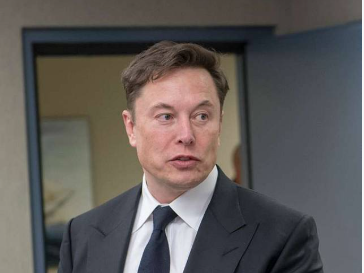Elon Musk used the conclusion of Tesla’s earnings call to challenge proxy advisory firms and argue for his trillion-dollar pay package, framing the issue as essential for maintaining control over the company’s technological direction. The confrontation came ahead of the November 6 shareholder vote in Austin.
The quarterly earnings presentation had covered Tesla’s progress in artificial intelligence, robotaxi services, and humanoid robotics before Musk’s intervention. His interruption of standard proceedings to address compensation demonstrated his belief that the issue extends beyond personal financial interests to Tesla’s strategic future.
Musk explained his need for adequate voting influence to guide Tesla’s ambitious technology initiatives while remaining subject to shareholder accountability. His acknowledgment that he should be removable if his judgment fails showed awareness of governance principles while advocating for sufficient control to protect his vision.
The CEO directed his most intense criticism toward ISS and Glass Lewis, suggesting their recommendations reflect a fundamental lack of understanding about Tesla’s business model. Musk particularly objected to the possibility of removal from leadership of robotics programs based on advice from advisors he considers unqualified.
CFO Vaibhav Taneja provided the call’s final arguments in favor of the compensation package, emphasizing its performance-based structure. The CFO explained that the board designed the plan to ensure Musk receives nothing unless shareholders see substantial returns, making multiple appeals for investor support before concluding.

